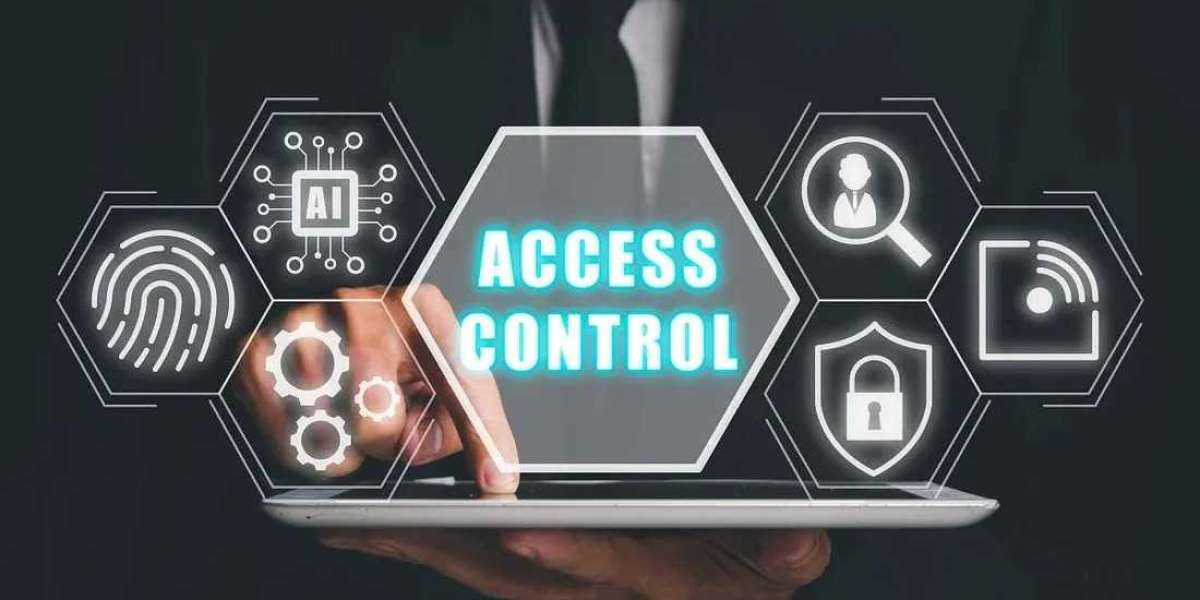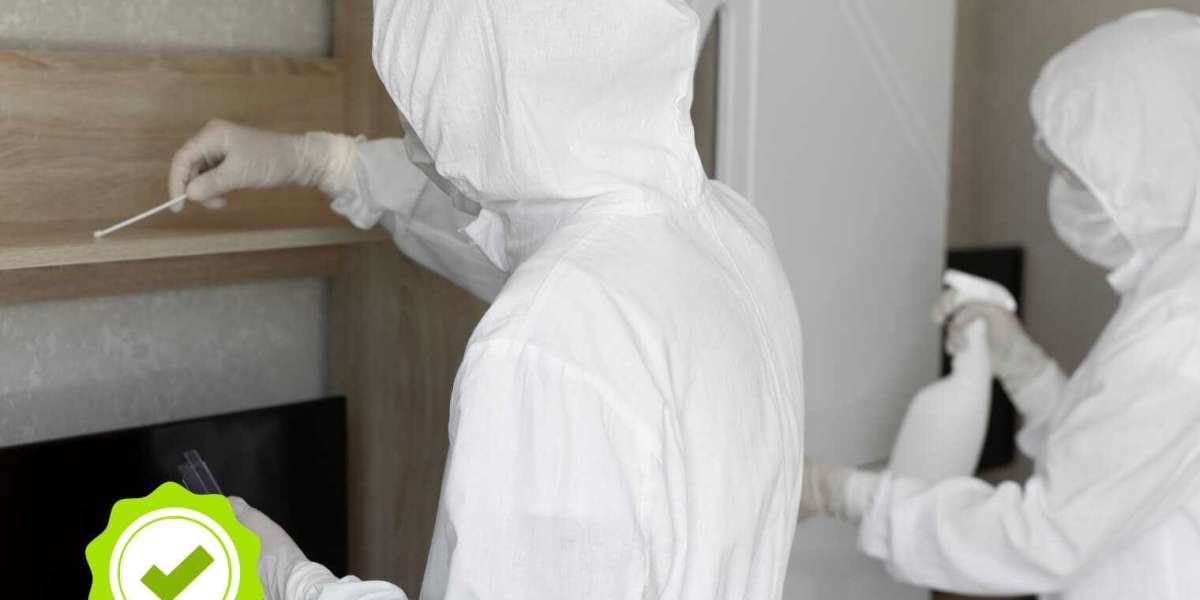In today’s world, protecting physical and digital assets is essential. With the growing sophistication of threats, organizations need reliable and advanced tools to safeguard their premises and sensitive information. Access control systems have emerged as a cornerstone in modern security infrastructure, ensuring only authorized personnel can access specific areas or resources.
What Are Access Control Systems?
Access control systems are a combination of hardware and software solutions designed to manage and monitor who is allowed entry to specific locations, systems, or information. They function as a gatekeeper, permitting access based on predefined criteria. By utilizing technologies like key cards, biometric scans, and PIN codes, these systems enhance the efficiency of security protocols and significantly reduce unauthorized access.
Components of Access Control Systems
- Credential Mechanisms: Credentials can take various forms, such as key cards, mobile apps, or biometric identifiers like fingerprints or retina scans. These credentials act as proof of identity for users seeking access.
- Control Panels: Control panels are the brains of the operation, where the system processes the information provided by credentials and decides whether access should be granted.
- Readers and Scanners: These devices interface with user credentials and send the collected data to the control panel for verification.
- Locks and Hardware: Locks, whether magnetic or electronic, are installed at entry points. They are released only when the control panel authorizes access.
- Management Software: This software allows administrators to configure access permissions, monitor activities in real-time, and generate reports for audits.
Types of Access Control Systems
There are several types of access control systems, each tailored to specific security needs:
Discretionary Access Control (DAC)
In a DAC system, the owner or administrator decides who can access a particular resource. While flexible, this system can be vulnerable to insider threats.
Role-Based Access Control (RBAC)
RBAC assigns permissions based on an individual’s role within an organization. For instance, a Security System Company Orillia might allow technicians access to the server room but restrict entry to administrative areas.
Mandatory Access Control (MAC)
MAC is the most stringent model, enforcing policies determined by a central authority. Access levels are classified based on the user’s security clearance and the sensitivity of the resource.
Biometric Access Control
This technology uses unique biological identifiers, such as fingerprints or facial recognition, to verify identity. It offers enhanced security by ensuring only the right person can gain entry.
How Do Access Control Systems Enhance Security?
Prevent Unauthorized Access
Access control systems ensure only individuals with the proper credentials can enter a building, specific rooms, or digital systems. By eliminating the possibility of stolen or duplicated physical keys, these systems offer heightened security.
Real-Time Monitoring and Alerts
Modern systems allow for real-time monitoring of entry and exit points. This ensures that any suspicious activity, such as repeated failed access attempts, triggers alerts for immediate intervention.
Integration with Surveillance Systems
Integrating access control systems with surveillance technology provides comprehensive security. For example, pairing an access system with speed cameras track aggressive lane changes around parking lots helps in maintaining vehicular discipline and ensuring security protocols are upheld.
Customizable Permissions
Organizations can define access levels for individual users, ensuring employees can only access areas relevant to their responsibilities. For instance, a Security System Company Orillia might allow its sales team access to client offices but restrict entry to technical facilities.
Enhanced Record-Keeping
Access control systems maintain logs of all entry and exit activities. These records are crucial for audits, investigating breaches, and ensuring compliance with security regulations.
Reduced Risk of Physical Key Loss
Traditional locks pose a security risk when physical keys are lost or stolen. Access control systems eliminate this problem by replacing physical keys with credentials that can be easily deactivated.
Applications of Access Control Systems
Access control systems are versatile and applicable in various industries:
Corporate Offices
In office buildings, access control systems restrict unauthorized visitors and manage employee movement.
Healthcare Facilities
Hospitals use these systems to secure sensitive areas like medication storage rooms, operating theaters, and patient records.
Educational Institutions
Schools and universities implement access control to safeguard students and prevent entry to unauthorized personnel.
Retail Stores
Retailers deploy access control to limit access to stockrooms and financial offices.
Residential Complexes
Apartment buildings use access systems to enhance tenant safety and streamline visitor management.
Choosing the Right Security System Company Orillia
Selecting the right provider is critical for effective implementation and maintenance of access control systems. A reputable Security System Company Orillia should offer the following:
- Comprehensive Solutions: From planning and installation to training and support.
- Customizable Options: Systems that can adapt to your specific needs.
- Advanced Technology: Offering biometric or cloud-based access control solutions.
- Robust Support: Reliable technical support to address issues promptly.
Future Trends in Access Control Systems
Cloud-Based Access Control
Cloud technology enables remote management and scalability, making it a popular choice for businesses seeking flexibility.
Artificial Intelligence Integration
AI-driven systems can detect patterns in access attempts, helping to identify potential security risks before they escalate.
Multi-Factor Authentication
Combining credentials, like biometrics and PIN codes, enhances verification accuracy and adds layers of security.
Smart Access Control for Homes
Homeowners are adopting smart locks that can be operated via smartphones, ensuring convenience and security.
FAQs
What is an access control system?
An access control system manages and restricts access to specific areas or resources, ensuring security through credentials like key cards or biometric scans.
Why should I invest in access control systems?
These systems enhance security, prevent unauthorized access, and streamline monitoring and record-keeping processes.
Can access control systems be integrated with other security measures?
Yes, they can be integrated with surveillance cameras, alarm systems, and more for a comprehensive security setup.
What should I look for in a security provider?
Choose a provider that offers customizable solutions, advanced technology, and reliable support, like a trusted Security System Company Orillia.
Are biometric systems reliable?
Biometric systems are highly reliable as they use unique identifiers like fingerprints, ensuring accurate verification.







